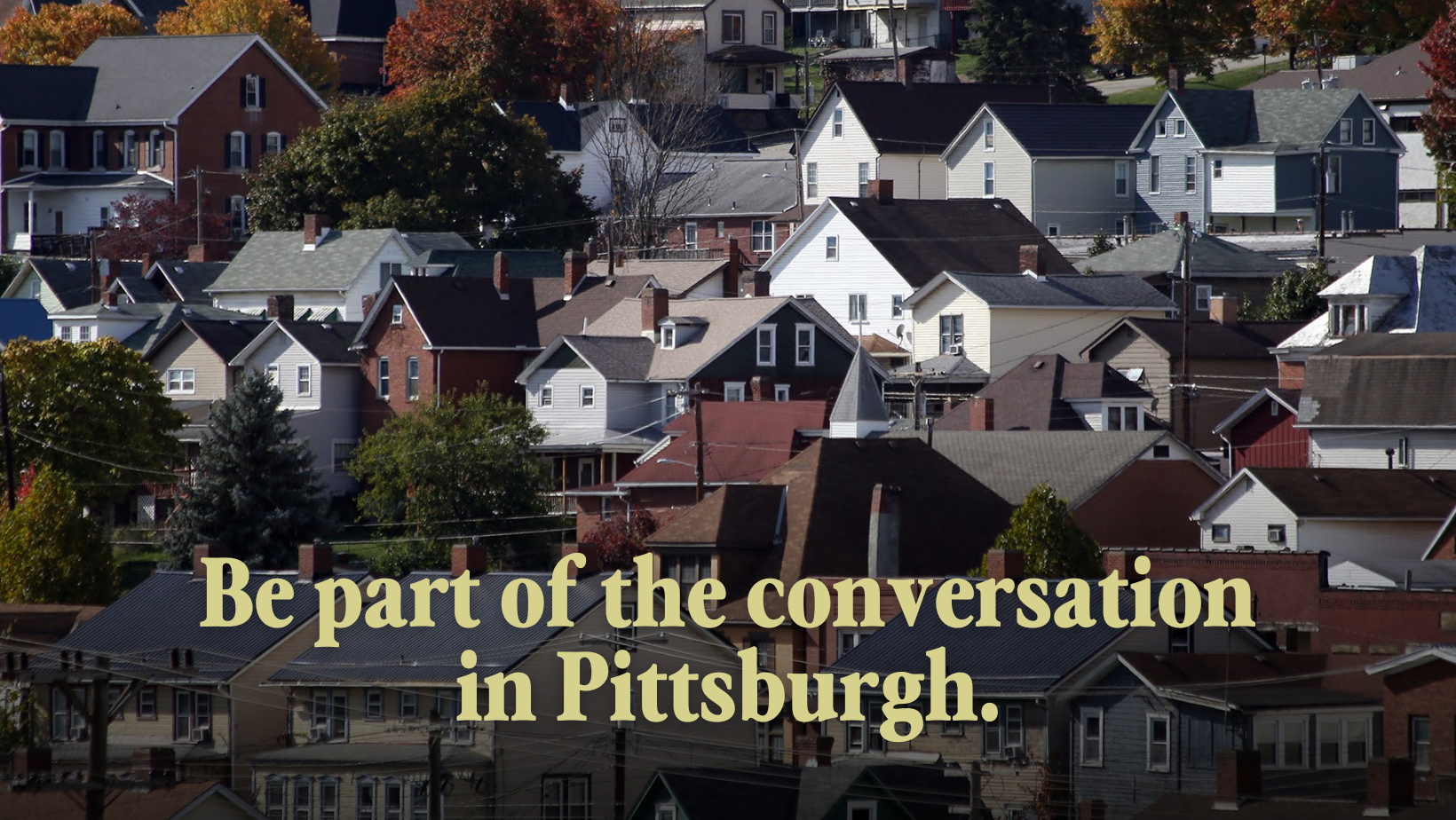It is common for me to visit with families who are facing eviction from homes that should be condemned anyway.
I regularly see parents trying to provide for their families, only to earn just enough to lose eligibility for food stamps and other assistance.
I often witness the pain and frustration of impossible decisions that need to be made. Bus fare or dinner? Rent or clothing for the kids? To keep or cancel the appointment for mental health treatment when there is no babysitter?
In 2011, I became a general protective service caseworker for the Allegheny County Office of Children, Youth and Families (OCYF). I work out of the Mon Valley Region office with 37 other caseworkers. We currently serve 528 families and 1,270 children in the Mon Valley.
A September report released by Auditor General Eugene DePasquale painted the child welfare system as broken. Like every system, child welfare has some flaws and limitations, but the people I work with are committed to bettering others’ lives while fighting the stereotype that child welfare focuses on removing children. To improve the system as a whole, we in Allegheny County are confronting difficult subjects.
I grew up on the East Side of Pittsburgh, a community where many people didn’t have hope that they could ever leave the cycle of poverty, crime and addiction. I became a caseworker because I wanted to give people hope. Getting into this line of work meant I could bring my passion to an agency that served and protected one of the most vulnerable populations, while working with families who were trying to survive and thrive in the same kinds of communities I grew up in.
Working for OCYF has given me the opportunity to speak to hundreds of families in a way that is unique to the caseworker position. I can help families strategically plan for the future while addressing concerns of the present and reassuring them that they can overcome their past.
It’s not easy work. We get babysitters for our own children to ensure the families we serve are safe; we stay committed to cases through traumatic times; and sometimes we will change our entire day around to take a teenager out for cheesesteaks because they love cheesesteaks. We weather unmanageable caseloads, long days and thousands of miles on our cars because we have a passion for people.
Our agency has begun addressing the racial disproportionality with the families we serve by requiring trainings that discuss inequities and developing positions focused on addressing them. Two such positions include the diversity and inclusion officer and the kinship navigator, who assists caseworkers and families in finding natural supports, like family members or other trusted adults, to be caregivers in emergency situations versus relying on foster care. Additionally, our supervisors now have the ability to waive dated non-title 18 offenses such as disturbing the peace, simple assault, or driving under the influence, in order to allow children to stay within their families in emergent situations.
We have also made strides in working respectfully and effectively with our LGBTQ clients. We have been trained to have conversations with children who identify as LGBTQ and their caregivers; we are held accountable to how we treat our coworkers; and we have begun to collect data to inform our direct practice in this area.
Additionally, the agency is focusing on how to retain and care for its caseworkers to reduce turnover and provide continuity for our families. The agency has added support staff positions to help with the paperwork, provided caseworkers with professional and clean work spaces and there have been discussions of raising pay. To have a supportive administration and high-quality direct supervision also allows us workers to feel acknowledged, appreciated and a part of the solution.
The feelings of failure, guilt and frustration are not unfamiliar in the course of serving as a caseworker. Sometimes a parent who loves their children unconditionally is gripped so tightly by addiction that they are never able to safely care for their children again. We can often internalize feelings of defeat when that happens.

Progress and victories keep us going. One success I vividly remember involved a single mother who had a psychotic episode while at a teaming meeting (a term used to describe a goal-oriented meeting of the family, agency, natural supports and formal supports, i.e. people who are paid to be involved with the family, such as a family support center). The incident prompted us to remove the child from her care. We placed the child with another family member, which we strive to do whenever possible. The mother was separated from her child for nearly an entire year before they were brought back together. When reunification finally occurred, the mother sobbed uncontrollably while hugging her child. She then came over to me, wiped her tears and gave me the most sincere ‘Thank you.’ I was able to witness a loving mother stabilize her mental health, strengthen her relationships, secure employment and develop a plan to safely care for her child.
The child welfare system is comprised of people who genuinely want to help families heal and flourish. My office is full of men and women dedicated to showing empathy, compassion and courage to the families we serve. Each day I find meaning in working hard alongside committed colleagues to improve the lives of children and families. My hope is that the strides being made to address systemic flaws will be highlighted more often. Protecting our children is everyone’s responsibility and the only way we can continue to work the front lines is if the system continues to evolve and our society is receptive to its evolution.
Sasha Peays is a general protective service caseworker for Allegheny County Office of Children, Youth and Families in the Mon Valley Region office. She can be reached at sasha.peays@alleghenycounty.us.







